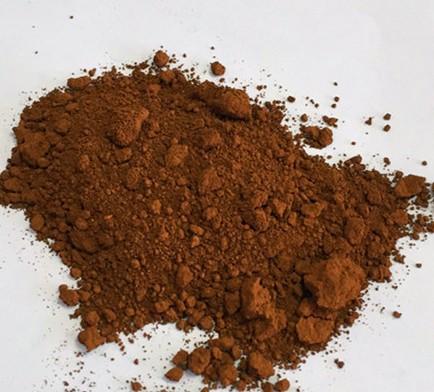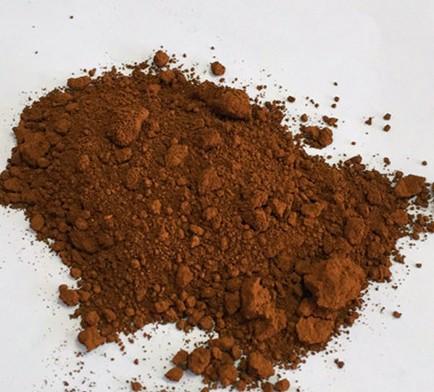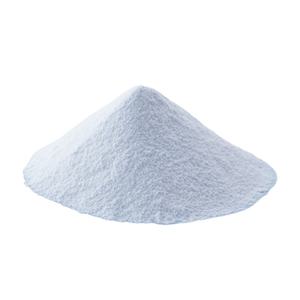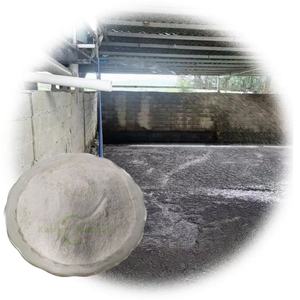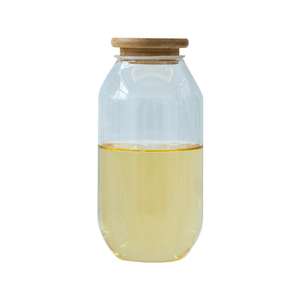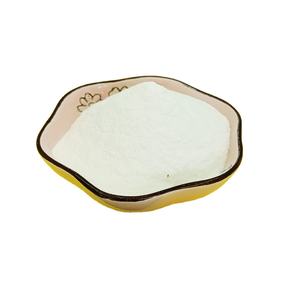Professional and high-quality metal alloys, ceramic products and concrete additives | RBOSCHCO
PRODUCT PARAMETERS
Description
| APEP Monoakylphenol Ethoxylate Phosphate Properties | |
| Other Names | N/A |
| CAS No. | 51811-79-1 |
| Compound Formula | C8-9H17-19C6H4O (C2H4O)nOPO3H2 n=4、6、7、8、10 |
| Molecular Weight | N/A |
| Appearance | NA |
| Melting Point | N/A |
| Boiling Point | N/A |
| Density | N/A |
| Solubility in H2O | N/A |
| Exact Mass | N/A |
| APEP Monoakylphenol Ethoxylate Phosphate Health & Safety Information | |
| Signal Word | N/A |
| Hazard Statements | N/A |
| Hazard Codes | N/A |
| Risk Codes | N/A |
| Safety Statements | N/A |
| Transport Information | N/A |
(APEP Monoakylphenol Ethoxylate Phosphate CAS 51811-79-1)
Overview of APEP Monoalkylphenol Ethoxylate Phosphate
APEP Monoalkylphenol Ethoxylate Phosphate, commonly referred to as APEP, is a surfactant that combines the properties of alkylphenol ethoxylates with phosphate groups. This unique combination endows APEP with excellent surfactant characteristics, making it a versatile and effective ingredient in various applications. APEP balances hydrophobicity and hydrophilicity, stabilizing emulsions, controlling foam, and enhancing cleaning performance.
Characteristics of APEP Monoalkylphenol Ethoxylate Phosphate
Enhanced Stability: APEP exhibits high stability in various pH conditions, ensuring consistent performance in diverse formulations.
Excellent Emulsifying Properties: Its amphiphilic nature allows it to effectively emulsify oil and water mixtures, stabilizing emulsions and suspensions.
Low Foam Formation: Unlike some surfactants, APEP produces low to moderate foam, which is beneficial in applications where excessive foam is undesirable.
Biodegradability: Many APEP varieties are biodegradable, reducing their environmental impact.
Versatile Use: Its unique chemical structure makes APEP suitable for various applications, from personal care products to industrial cleaning formulations.
Application of APEP Monoalkylphenol Ethoxylate Phosphate
Personal Care Products: APEP is widely used in shampoos, soaps, and detergents to enhance cleaning and lathering properties.
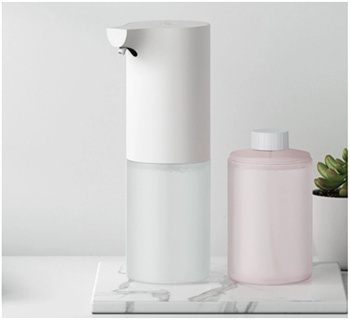
Personal Care Products
Industrial Cleaning: Its emulsifying and surfactant properties effectively remove grease, oil, and other contaminants from surfaces.
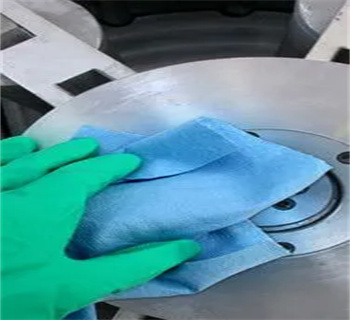
Industrial Cleaning
Textile Processing: APEP is used in textile manufacturing to improve dyeability, wettability, and overall fabric quality.

Textile Processing
Paints and Coatings: It enhances the stability and dispersion of pigments, ensuring smooth and uniform coatings.
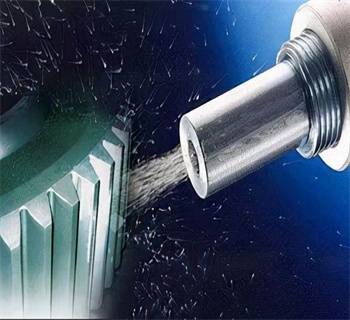
Paints and Coatings
Oilfield Applications: APEP is effective in oil recovery processes, improving oil extraction efficiency.

Oilfield Applications

Company Profile
NANOTRUN(www.rboschco.com) is a trusted global chemical material supplier & manufacturer with over 12-year-experience in providing super high-quality chemicals and nanomaterials, including boride powder, nitride powder, graphite powder, sulfide powder, 3D printing powder, etc.The company has a professional technical department and Quality Supervision Department, a well-equipped laboratory, and equipped with advanced testing equipment and after-sales customer service center.If you are looking for high-quality APEP Monoalkylphenol Ethoxylate Phosphate, please feel free to contact us or click on the needed products to send an inquiry.
Payment Term
L/C, T/T, Western Union, Paypal, Credit Card etc.

Shipment Term
By sea, by air, by express, as customers request.
FAQs about APEP Monoalkylphenol Ethoxylate Phosphate
Q1:
Is APEP safe to use?
Re: APEP is generally safe when handled and disposed of properly. However, as with any chemical, following safety guidelines and precautions is important to avoid potential risks.
Q2:
What are the environmental impacts of APEP?
Re: Many varieties of APEP are biodegradable, reducing their environmental impact. However, improper disposal or excessive use can still lead to pollution, so it's crucial to ensure responsible use and disposal.
Q3:
How does APEP compare to other surfactants?
Re: APEP offers a unique combination of properties that differentiates it from other surfactants. Its stability, emulsifying properties, and ability to produce low to moderate foam make it a desirable choice for specific applications.
Q4:
What are the main applications of APEP?
Re: APEP finds applications in various industries, including personal care, industrial cleaning, textile processing, and oilfield operations. Its surfactant and emulsifying properties make it a valuable ingredient in various formulations.
Q5:
How does APEP affect the quality of final products?
Re: APEP enhances the quality of final products by improving stability, emulsification, and cleaning performance. It can also contribute to improved sensory attributes, such as lathering and feel, in personal care products.

